In English
1 de abril de 2021
War in Syria Completes 10 Years – Level 3
Article published in Joca 167
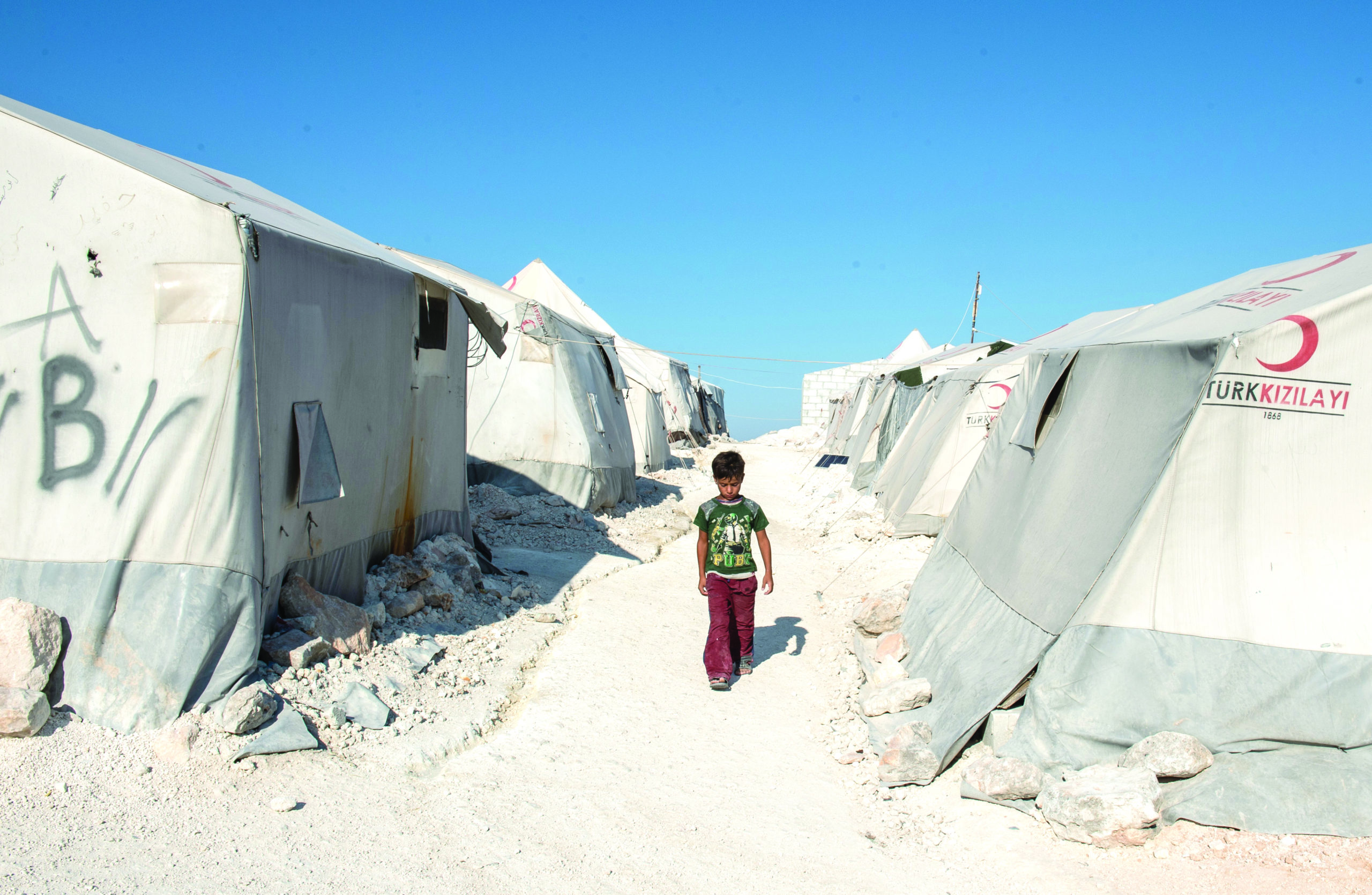
The war in Syria completed 10 years in March. It started in 2011, when students wrote “Down with the regime” on a school wall. The regime led by Bashar Al-Assad, the country’s president, reacted by arresting and wounding the authors of the graffiti, who were young boys aged 10 to 15. The violent reaction sparked a wave of protests calling for more rights and a less authoritarian government.
The demonstrations followed the Arab Spring (2010-2021), when people from the Middle East and North Africa took to the streets to fight for democracy. In the months that followed, members of the Syrian Army began to disband to form groups and fight the regime. There were more protests, violence increased, and the country went into civil war (a conflict between the government and a group of opponents within the same country).
Over these ten years, it is estimated that between 380,000 and 600,000 people died in the war, according to the Syrian Observatory for Human Rights. Nearly 12,000 children have been killed or injured, according to UNICEF, the United Nations’ (UN) agency for children.
The scenario became even more complex after 2013, when the Islamic State (IS) terrorist group conquered a large portion of the Syrian territory. A group of countries led by the United States started to attack Syria, with the help of those opposing the Syrian government, to fight the IS.
In 2015, with the support of Russia and Iran which helped to combat groups opposed to the Assad regime, Bashar Al-Assad was able to remain in power, where he has been for 21 years. Today, Assad controls 60% of the land – other groups, such as the Kurds, control the other regions.
In peace negotiations mediated by the UN, talks have not progressed: Assad refuses to negotiate with opposition groups that demand that any agreement include his resignation.
The shortage of specialized professionals, since many have left Syria, makes the reconstruction of the country difficult. There are currently 6.6 million Syrian refugees living in 130 countries, according to the UN. The country is undergoing a serious economic crisis, with the devaluation of the local currency (Syrian pound) aggravated by the pandemic. Thus, for the same amount of money, fewer products can be purchased today than a few years ago. Also, there is a shortage of basic items such as food and fuel.
Glossary
Kurds: a group of more than 35 million people worldwide, who do not have their own country.
Questions
1) Which information is correct?
a) The war in Syria ended in 2015.
b) Kurds control part of the Syrian territory.
c) In total, more than 12 million Syrians have left the country.
d) The Syrian pound has appreciated during the pandemic.
2) Have you read or heard any stories of refugees living in Brazil? What was that that experience like?
Ixi! Você bateu no paywall!
Ainda não é assinante? Assine agora e tenha acesso ilimitado ao conteúdo do Joca.

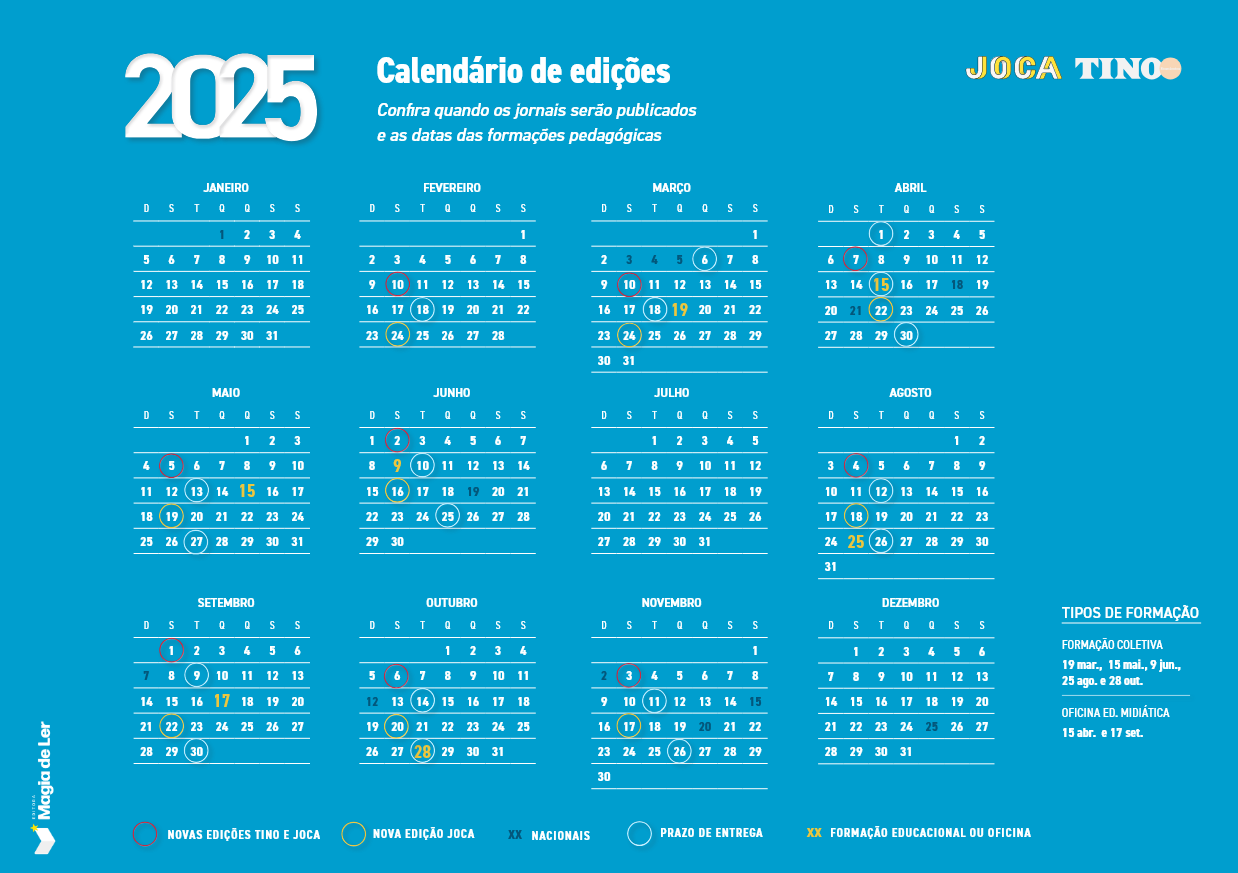
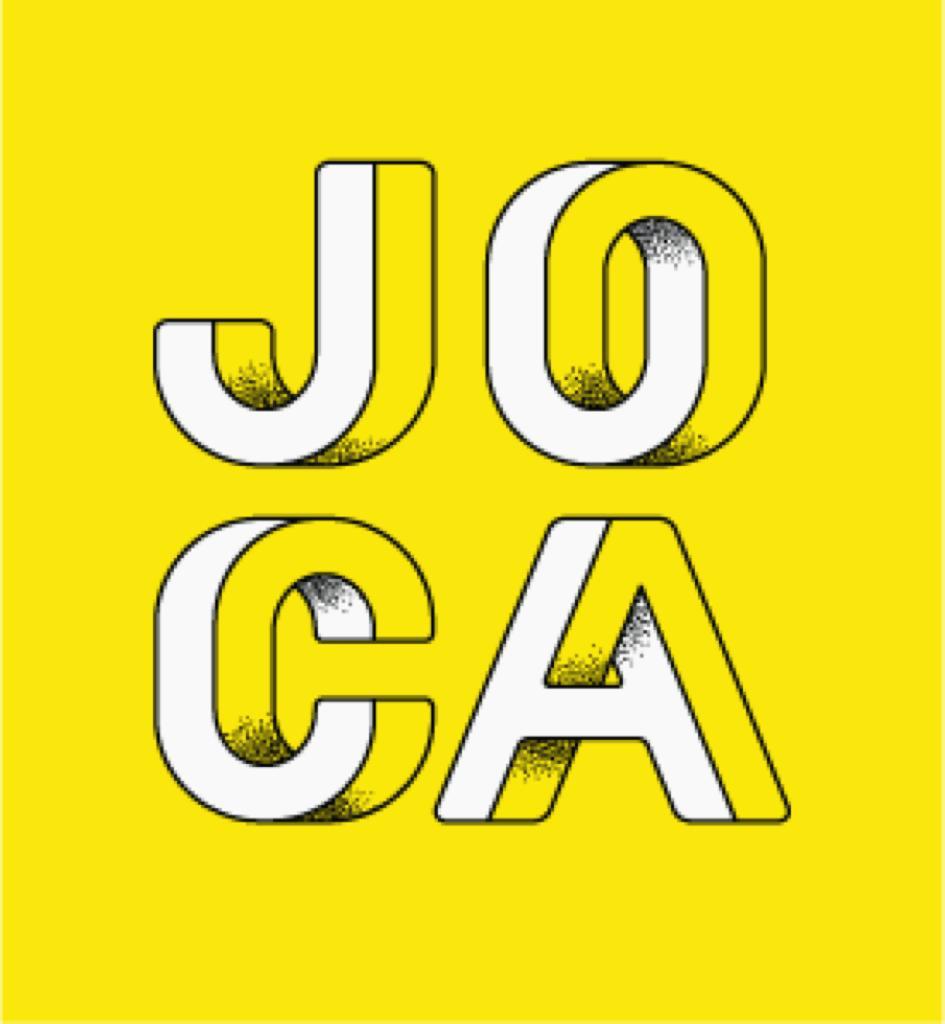



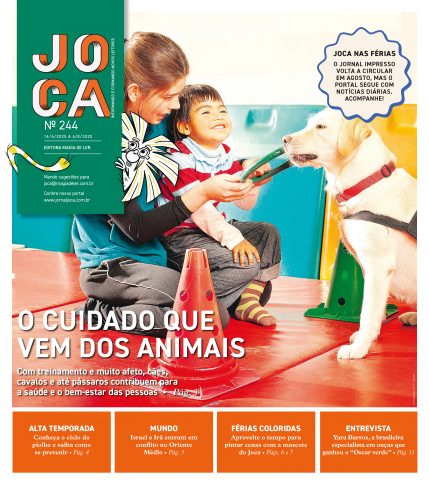

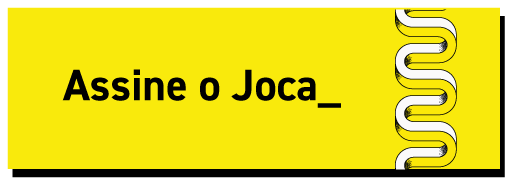
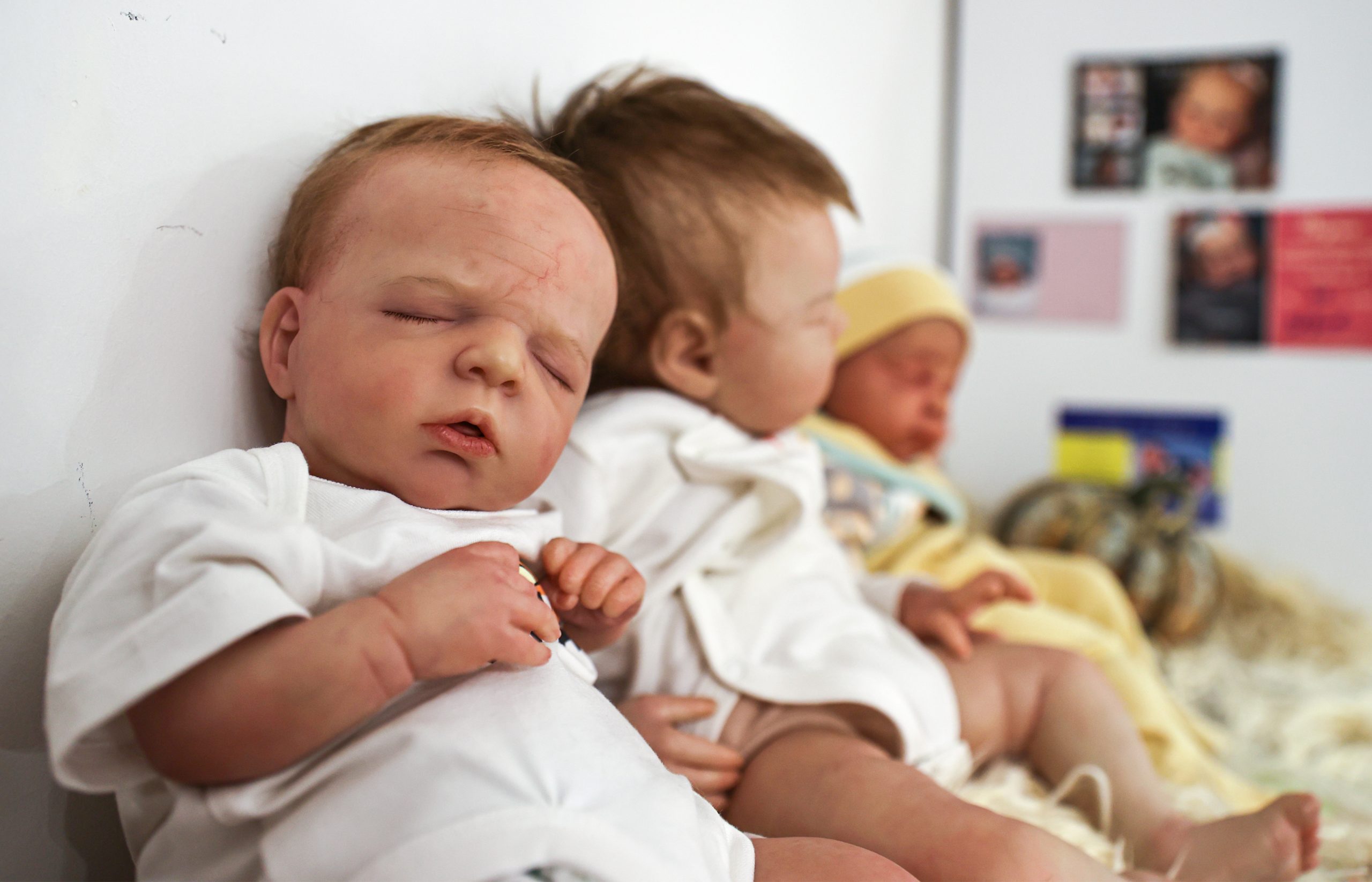


Você precisa fazer o login para publicar um comentário.